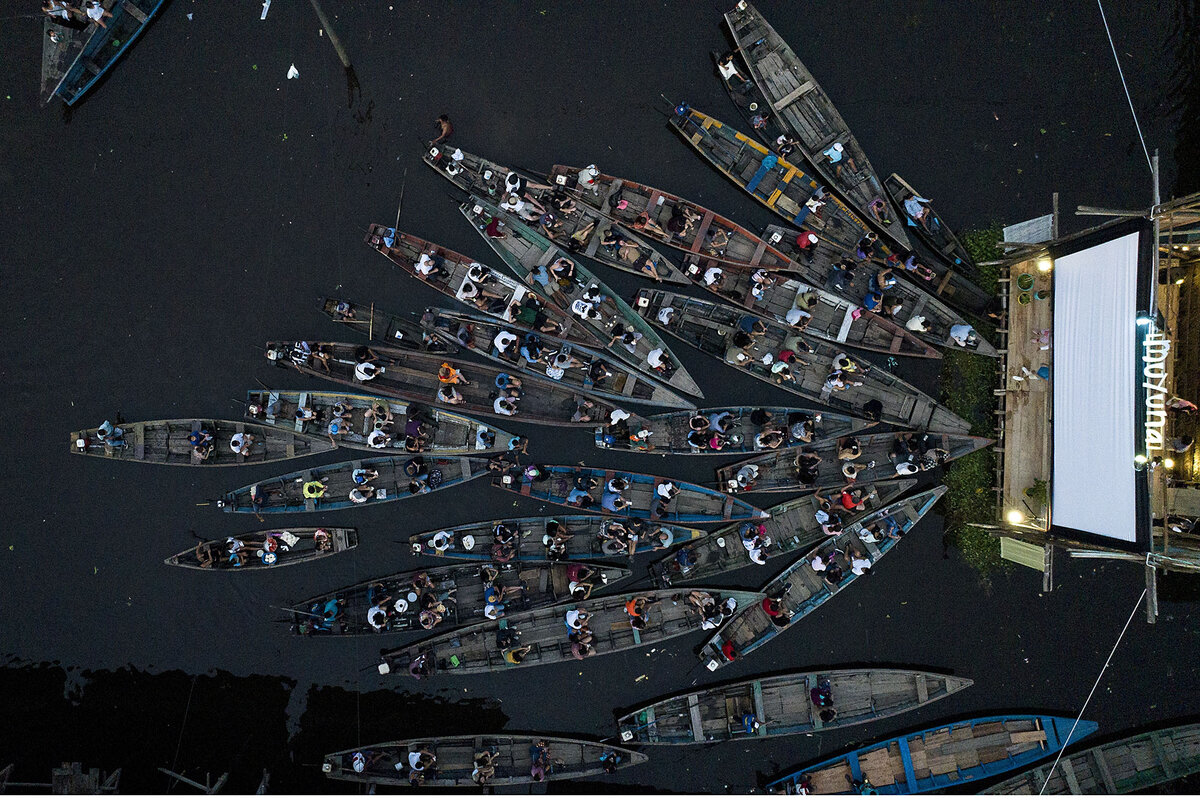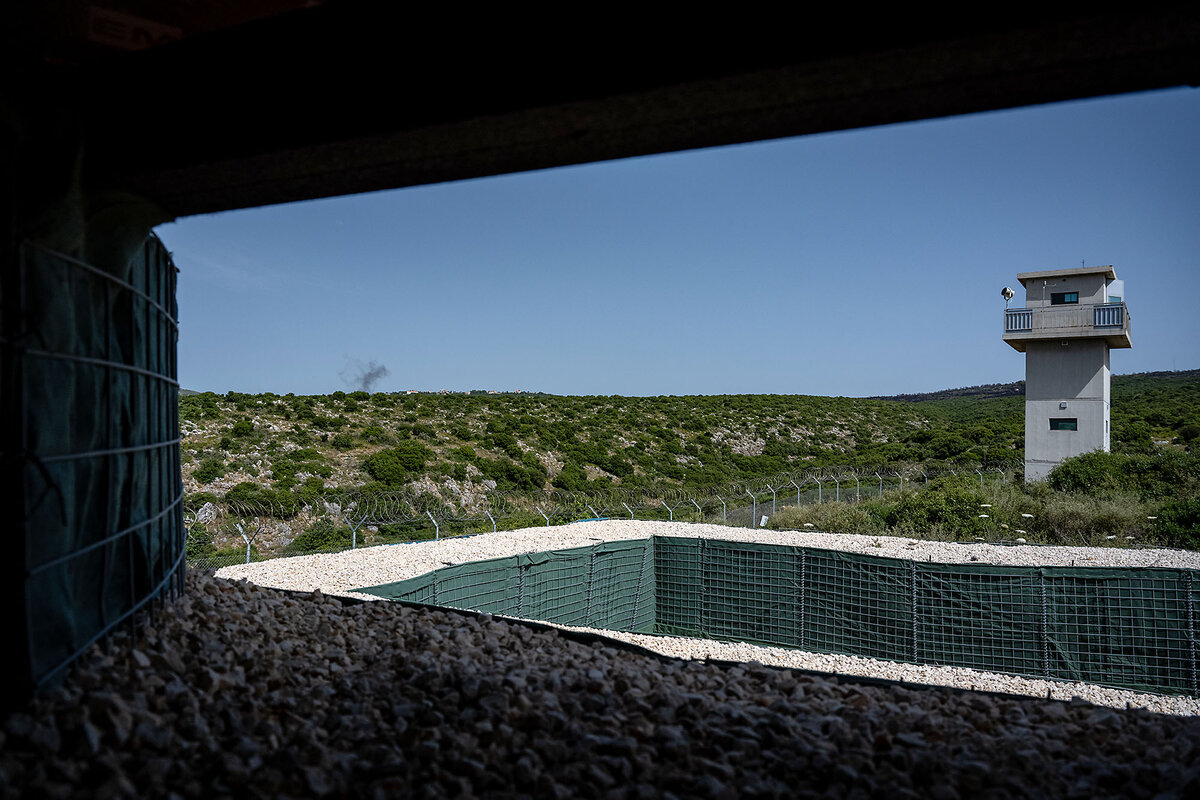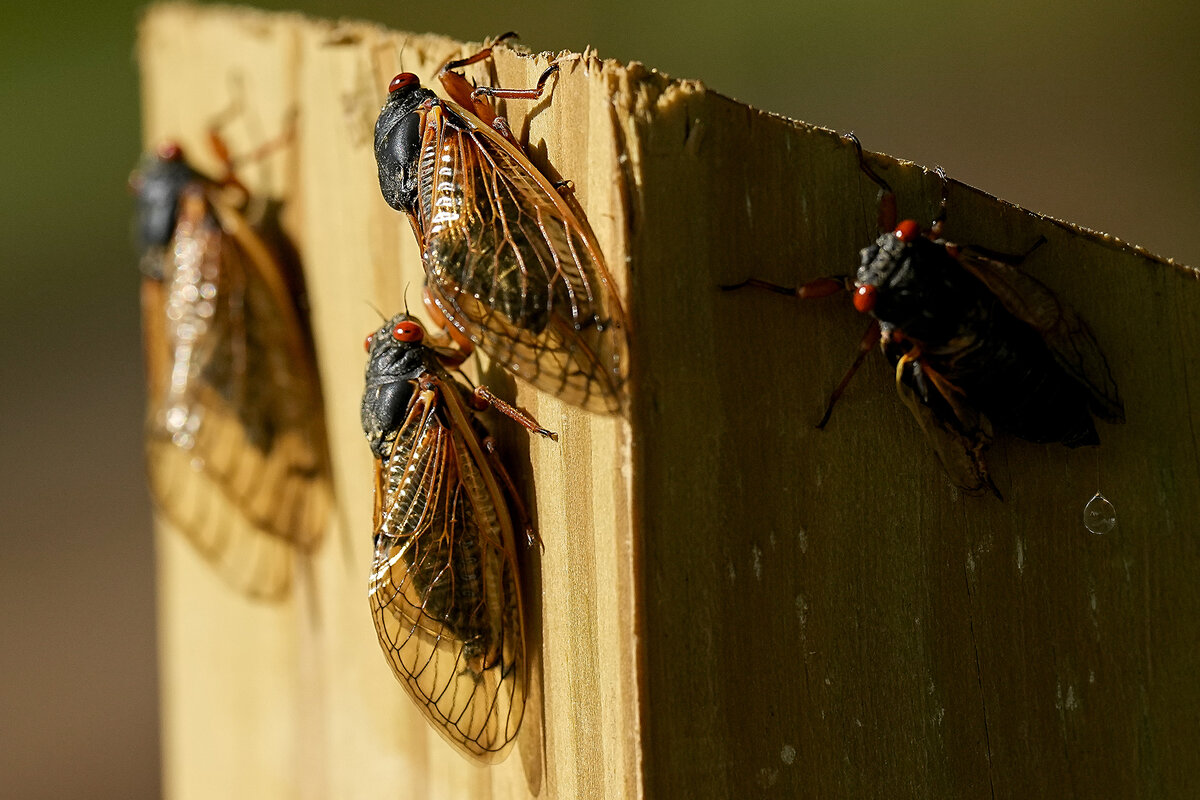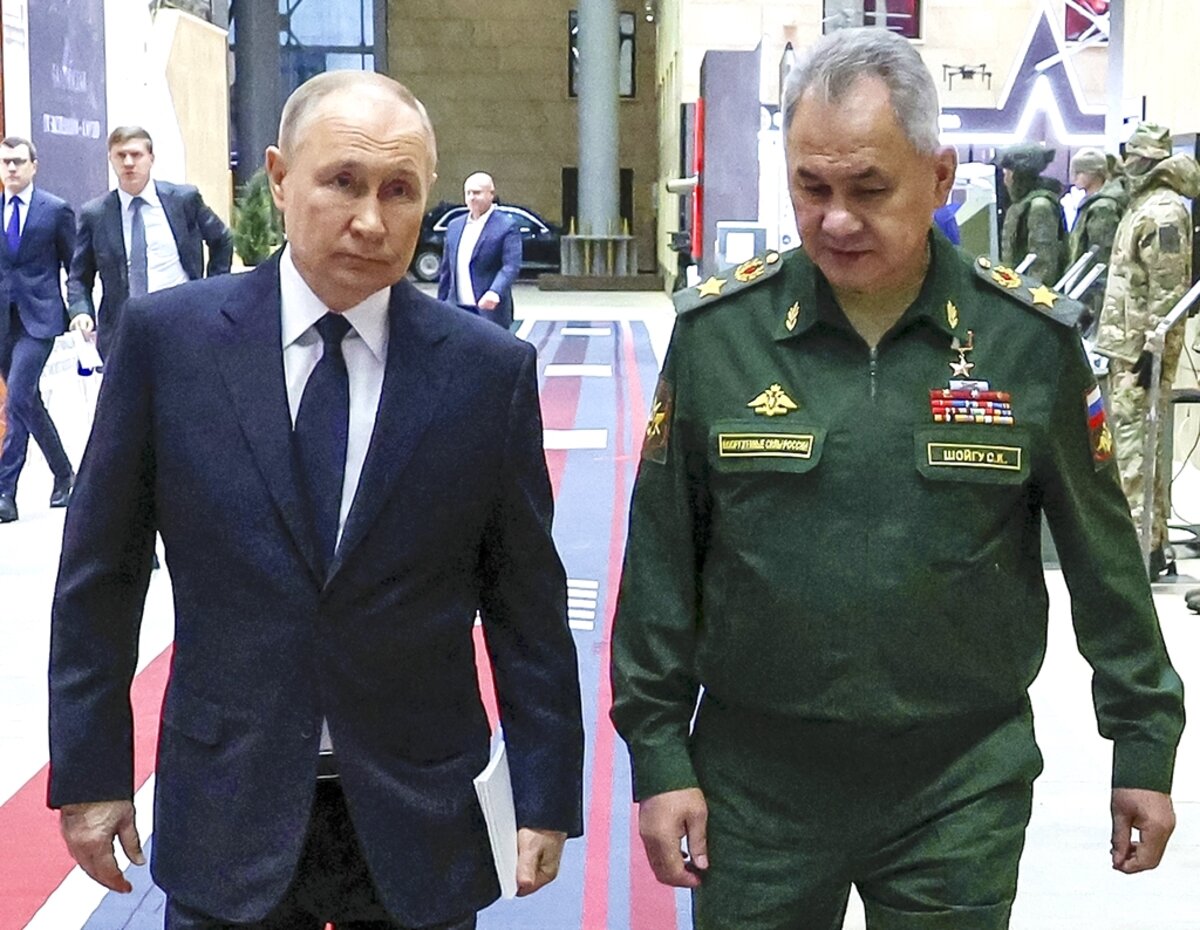Mexican women have long struggled with their country’s culture of machismo. Now Mexico, ahead of the United States, is about to elect its first woman as president.

Why is Christian Science in our name?
Our name is about honesty. The Monitor is owned by The Christian Science Church, and we’ve always been transparent about that.
The Church publishes the Monitor because it sees good journalism as vital to progress in the world. Since 1908, we’ve aimed “to injure no man, but to bless all mankind,” as our founder, Mary Baker Eddy, put it.
Here, you’ll find award-winning journalism not driven by commercial influences – a news organization that takes seriously its mission to uplift the world by seeking solutions and finding reasons for credible hope.
Explore values journalism About usMonitor Daily Podcast
- Follow us:
- Apple Podcasts
- Spotify
- RSS Feed
- Download
 Mark Sappenfield
Mark Sappenfield
Milestones are important. This weekend, when Mexico almost certainly elects its first female president, it will be historic.
But in a country that struggles with machismo and inequality, will electing a woman help? Studies show women excel at leading more inclusive governments, so maybe. But Whitney Eulich’s story today suggests another possibility.
Cultural change has led to this moment. Further cultural change is needed. But maybe that is more about the women in Whitney’s story than about the president. They and their predecessors have brought Mexico to this milestone. They will ensure it is a waymark, not an endpoint.
Already a subscriber? Log in
Help fund Monitor journalism for $11/ month
Monitor journalism changes lives because we open that too-small box that most people think they live in. We believe news can and should expand a sense of identity and possibility beyond narrow conventional expectations.
Our work isn't possible without your support.
Today’s stories
And why we wrote them
A deeper look
( 16 min. read )
Today’s news briefs
• Ukraine aid: Ukrainian President Volodymyr Zelenskyy receives a second $1 billion promise of military aid in as many days during a tour through the European Union.
• Taiwan changes: Taiwan’s legislature passes changes that are seen as favoring China and diminishing the power of the island’s president.
• Palestinian state: Spain, Ireland, and Norway formally recognize a Palestinian state to put international pressure on Israel to soften its response to last year’s Hamas-led attack.
• Soccer players quit: Three players quit Argentina’s national women’s team after a dispute with soccer organizers over a lack of pay and poor conditions.
( 5 min. read )
On the Israel-Lebanon border, old adversaries Israel and Hezbollah know each other well, and what triggers the other. Since Hamas’ attack on Israel, the two sides have sought to avoid a full-scale war even as they appear to move closer to it.
( 5 min. read )
Nonstop media coverage could help shape how the hush money trial of Donald Trump is ultimately perceived by the public – even if it’s not a “trial of the century.”
The Explainer
( 4 min. read )
The U.S. Border Patrol turns 100 this week. How has the agency changed over time and what role does it play now in an election year when border security is of high voter interest?
( 6 min. read )
The rare emergence of two specific periodical cicada broods this year hasn’t happened since Thomas Jefferson was president. It is inspiring some people to dive deeper into citizen science.
The Monitor's View
( 2 min. read )
Well into its third year of trying to vanquish Ukraine as an independent nation, Russia has finally learned a key point about war: that soldiers count on their superiors not to steal basic resources like food, weapons, and transport.
In other words, honesty and integrity are essential resources in an armed force.
In recent weeks, five top Russian officials involved in supplying the military have been arrested on corruption charges. The longtime defense minister, Sergei Shoigu, has been removed and replaced by an economist, Andrey Belousov, with a reputation of not being corruptible.
Mr. Belousov speaks of the need for “optimization of military spending” and for greater efficiency in industrial production. Most of all, he says he would operate from an “ironclad principle: it’s possible to make mistakes but it’s inadmissible to lie.”
The purge of generals hints that Russian President Vladimir Putin may be seeking enough integrity in a highly corrupt military to win the war. It may also mean he has recognized Ukraine’s many successes in curbing corruption – even in the midst of war and a ballooning defense budget.
“Most Ukrainian anti-corruption institutions are showing pretty good results,” Andriy Borovyk, executive director of Transparency International Ukraine, told the BBC. Over the past decade, Ukraine has improved its ranking in the annual corruption index from Transparency International, while Russia’s ranking has gone down.
Will better honesty in governance give Ukraine the edge to win the war? Russia’s pro-war bloggers have long complained that their country’s heavy losses on the battlefield are due to corruption – the stealing of funds, fuel, and equipment.
A victory for Ukraine may depend on what isn’t visible or measurable. An army does not just “march on its stomach,” as Napoleon supposedly said. It also wins on the virtues of its leaders.
A Christian Science Perspective
Each weekday, the Monitor includes one clearly labeled religious article offering spiritual insight on contemporary issues, including the news. The publication – in its various forms – is produced for anyone who cares about the progress of the human endeavor around the world and seeks news reported with compassion, intelligence, and an essentially constructive lens. For many, that caring has religious roots. For many, it does not. The Monitor has always embraced both audiences. The Monitor is owned by a church – The First Church of Christ, Scientist, in Boston – whose founder was concerned with both the state of the world and the quality of available news.
( 3 min. read )
We have a way out of any kind of dangerous situation through God, who is always present to help.
Viewfinder

A look ahead
Thank you for joining us today. Make sure to check out two additional stories on our website today. First, we look at the record numbers of Kashmiris turning out to vote in the first election since India removed many of Jammu and Kashmir’s rights. And second, we investigate what the U.S. Federal Aviation Administration’s new crackdown on “junk fees” will mean for flyers.








